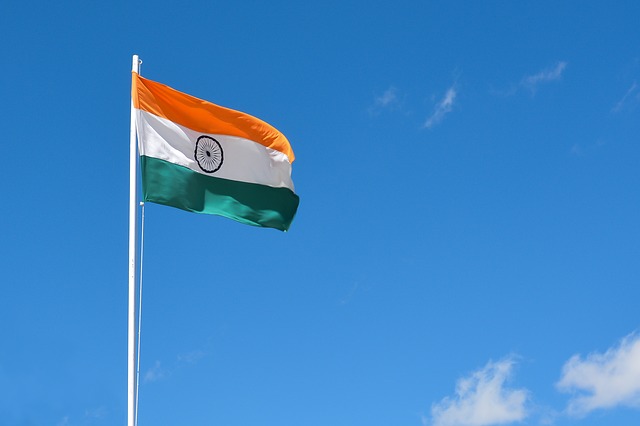By J.M. Phelps and Philip B. Haney (Lantern of Liberty)
On Easter Sunday, April 21, 2019, a series of coordinated suicide bombing attacks in Sri Lanka captured the attention of worldwide audience. In the aftermath, the Deoband-linked individuals and organizations that carried out the Sri Lanka bombings have became a top priority for India’s intelligence agencies, counter-terrorism experts and policy makers.
The authors (Phelps & Haney) were among the first to extensively document this rapidly unfolding sequence of events in a May 01, 2019 article entitled Madrassas Ingrained Worldwide, and in a July 01, 2019 follow-up piece entitled Subcontinent Next.
Other recently published articles that provide background and insights into the threats posed by the global Deoband network (including tens-of-thousands of madrassas) can be found here, here, and here.
Pawan Agrawal, Publisher and CEO of the Defence & Security Alert journal (based in India), tells the authors, “[India’s concern] is very apparent in the dispatch of a team to Sri Lanka to gather information about the role and reach of members of the National Thowheeth Jama’ath (NTJ).”
In the attack’s aftermath, he says there were reports emanating from Sri Lanka, suggesting that the attackers had visited Jammu and Kashmir for weapons training. Interestingly, he adds, “similar collaboration” in Bangladesh is also allowing Islamic fundamentalists to gain some ground.
What Agrawal is describing is the emerging presence of an international coalition of hundreds of interwoven Deoband, Salafi jihadist groups operating across Afghanistan, Pakistan, India, Bangladesh and Myanmar, known collectively as Al-Qaeda of the Indian Subcontinent (AQIS).
To make their intentions perfectly clear, in June of 2017, this five-year old multi-national coalition published (in English) an ominous 20-page Shariah-based document entitled Code of Conduct.
Just like the Muslim Brotherhood’s 1991 Explanatory Memorandum on the General Strategic Goal for the Brotherhood in North America was to America, the Code of Conduct is their roadmap to the Indian Subcontinent.
Specifically, the Code of Conduct reveals [1] the precise goals of AQIS, [2] the Sharia-authorized methods (tactics) to accomplish these goals, and [3] exactly how they intend to fight any opposition to these goals.
Meanwhile, intelligence and security officials across the Indian subcontinent have now been forced to confront the reality of a vast network of Salafi organizations and madrassas, while also recognizing that a major center of gravity for the Global Islamic Movement has shifted further to the East, with its core in their own backyard.
Additionally, Agrawal confirms Pakistan is a leading culprit to the spread of radicalization in the region. He says “there is no room for doubt that the emergence of the Wahhabi/Deobandi jihadi culture in Pakistan has been nurtured for its own geopolitical calculus of the Pakistani Army – especially in the midst of the war against Soviet occupation of Afghanistan.”
“[Furthermore], Pakistan developed an expertise in creating proxy warriors to attack India on the one hand and try and retain control of Afghanistan as part of its craving for ‘strategic depth’ vis-à-vis India.”
The reach and presence of social media is also a contributor to radicalization, Agrawal explains. Terrorists are using a number of online platforms to “create sleeper cells and suicide bombers.” Their intention, he says, is [to establish] a monolithic Caliphate.”
Agrawal believes “[India’s] large Muslim population has long been considered to be fertile territory for [terrorist] penetration and propagation.” He also urges policy makers and counter-terrorism experts to be “wary” of madrassas in the area.
J.M. Phelps is a Christian activist and journalist based in the Southeastern U.S. He is also editor and publisher of the website Lantern of Liberty.
Philip B. Haney is a founding member of the Department of Homeland Security (DHS), a former customs and border protection officer, and co-author of “See Something, Say Nothing: A Homeland Security Officer Exposes the Government’s Submission to Jihad.”
This column is printed with permission. Opinions expressed in columns published by Lantern of Liberty are the sole responsibility of the article’s author(s), or of the person(s) or organization(s) quoted therein, and do not necessarily represent those of the staff or management of, or advertisers who support Lantern of Liberty.






